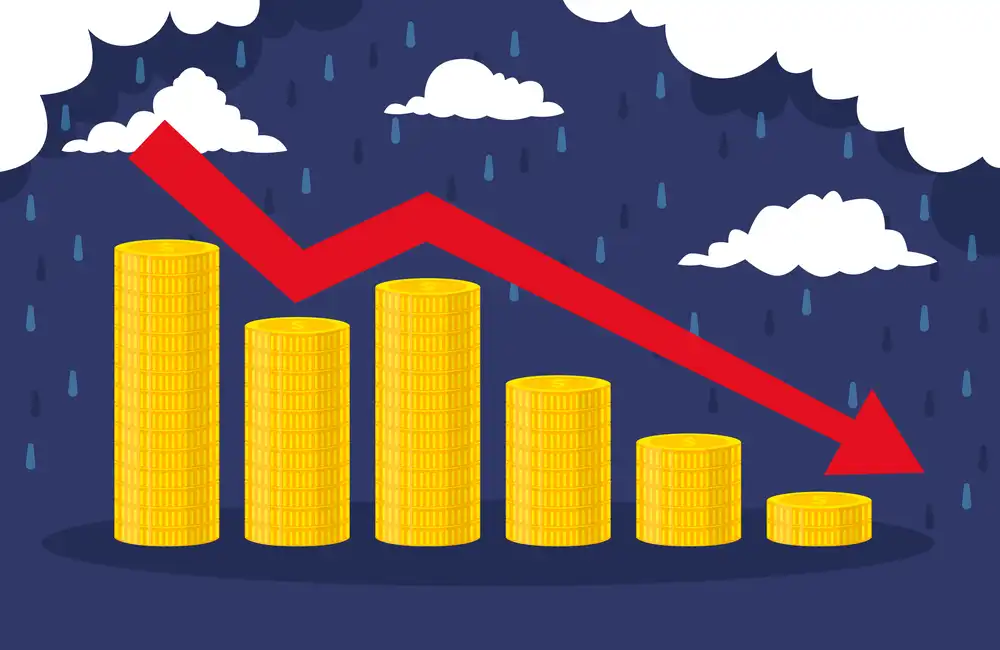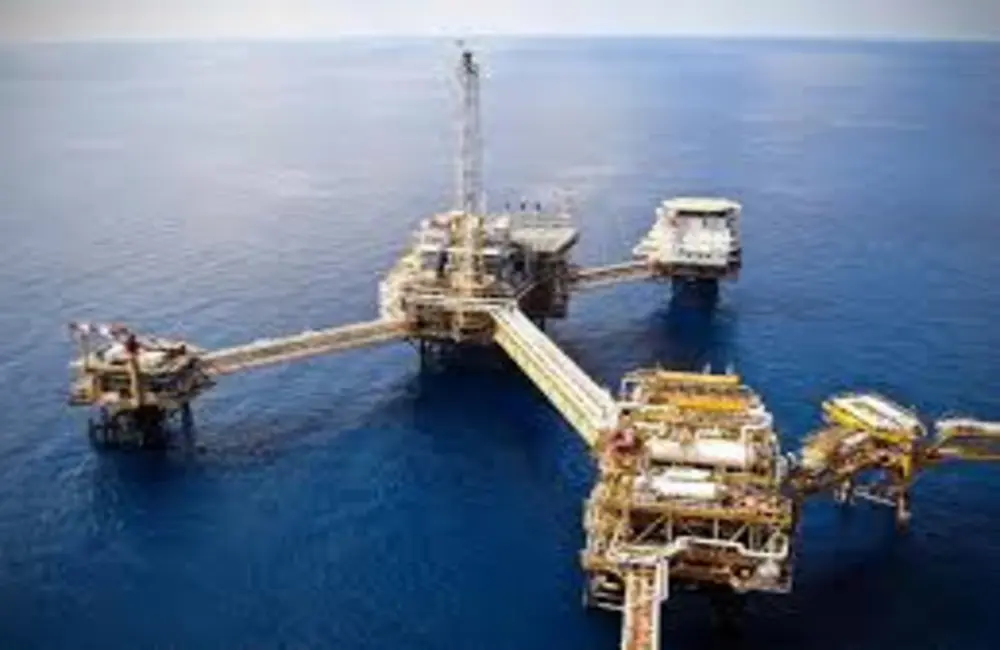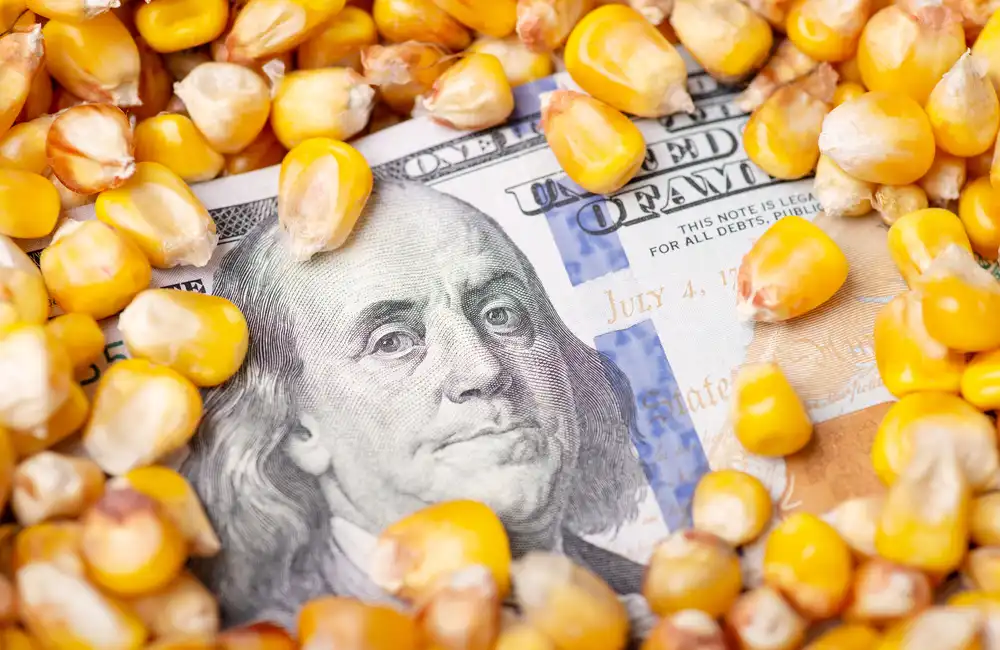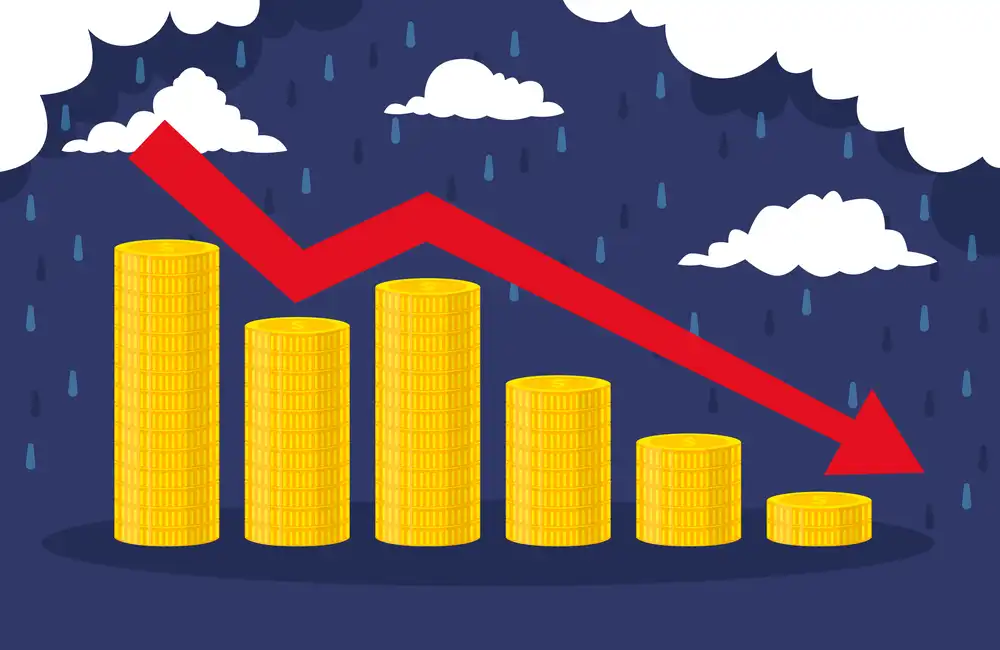A member of the US Commodity Futures Trading Commission has called for a spate of “deep dive” studies into whether prices in commodity markets that have recently come under the fiscal cosh, such as natural gas, crude oil, metals, and, admittedly, wheat markets, are driven by market fundamentals
“Food prices have skyrocketed 84% from 2020 lows, fertilizer prices have increased an astounding 220%, and energy prices have spiked sharply and in some cases hit all-time highs, as I have described,” Commissioner Christy Goldsmith Romero said. Coinciding with that, the Democratic commissioner referenced a study that found record profits last year for Wall Street’s largest banks, commodity trading houses, and commodity-focused hedge funds.
Against that backdrop, she called on the commission to see all material factors pushing swings in certain key commodities, such as food, energy, and metals markets, which have seen substantial trading volatility or price resets.
The findings should be disclosed to the public, she said, to reassure that the derivatives markets are doing their job and that speculation is not causing a bump in consumer prices.
Goldsmith Romero said she had made a similar recommendation herself weeks earlier in internal meetings at the CFTC. The investigations should examine whether the presence of passive investment vehicles and other types of speculators is performing useful functions like providing useful liquidity, or “not distorting markets or otherwise undermining the price discovery process,” she said.
Economic Effects of Physical Infrastructure
The CFTC advisory panel meeting on Sept. 20, sponsored by Republican Commissioner Summer Mersinger, was convened to examine how physical energy infrastructure can impact price volatility and also the looming role of metals in the energy transition.
Opening the meeting, Mersinger made clear that predictable supply and reliable distribution of physical energy are vital for the CFTC-regulated derivatives markets to work as effective tools for price discovery. And she added a word of caution about the risks.
“Without functioning energy futures markets, the financial risks from current global energy-related supply disruptions and the costs of transitioning from traditional energy sources to newer forms of energy have the potential to become systemic risks to our entire economy,” she said.
Paul Wight, senior legal adviser to Federal Energy Regulatory Commission member James Danly, an invited speaker, pointed to challenges he sees on wholesale power markets, on New England’s forward capacity market construct.
In his opinion, the market is chronically undermined by renewables subsidies and short on gas pipelines that are incredibly hard to cite in New England.
Because that market’s designers required generation capacity paired with fuel security, he added, “that’s not what their product has been tailored to acquire.” The result, he said, is a lot of natural gas generators and no firm contracts for natural gas to run them.
It would be more continuous than one time, and potentially it could open itself up to learn that they should have more of a role in, and I think that might be the gas systems and coordination between gas and electric systems, and it might be capacity markets. Jackie Roberts Public Service Commission of West Virginia (EEMAC member)
Multiple discussants describe the energy with other commodities like agriculture or metals.
Cortney Cowley is a senior economist at the Federal Reserve Bank of Kansas City. She discussed how rising energy input costs for farmers affect what they produce, and how cutting energy supply ultimately leads to more volatility in commodity prices. June 26, 2023
Paul Cicio, a member of EMACs associate board, warned that issues with the supply of gas could weigh on manufacturers’ capacity to make the aluminum and steel needed for the energy transition.
If you think about what should be alarming to us, whether we’re nitrogen, fertilizer, steel, chemicals, or plastics, we need to produce more gas,” he said.
He further alluded to regional issues concerning natural gas pipeline capacity.
“I’ve got manufacturers on [Transcontinental Gas PipeLine] that are probably going to be curtailed here this winter,” he said.
And Derek Sammann of CME Group described forecasted increases in demand for nearly every industrial metal expected to help fuel the energy transition, owing to growth in sectors like electric vehicles, energy storage, and renewable development.
Future Advisory Panel Recommendations
In the future, the advisory panel voted to recommend that the CFTC consider forming a subcommittee that would submit a report on physical energy infrastructure and its impact on commodity markets. It also agreed to advise the establishment of a subcommittee to investigate the role of metals markets in transitional energy.





















